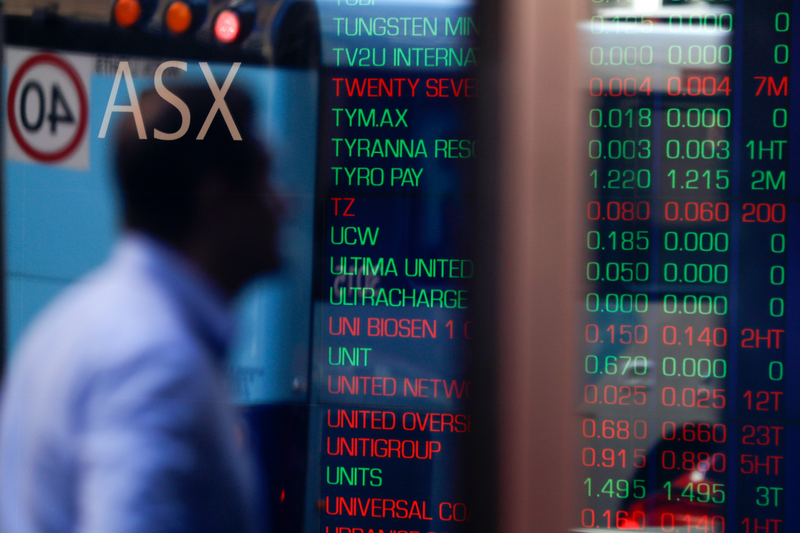The finfluencer Gabriel Govinda, also known as ‘Fibonarchery’, was earlier this month sentenced to two and a half years imprisonment after pleading guilty to 23 charges of manipulating shares listed on the Australian Securities Exchange, and to 19 charges of illegal dissemination of information regarding set manipulation.
Sarah Court, Deputy Chair of
Register for free to keep reading
To continue reading this article and unlock full access to GRIP, register now. You’ll enjoy free access to all content until our subscription service launches in early 2026.
- Unlimited access to industry insights
- Stay on top of key rules and regulatory changes with our Rules Navigator
- Ad-free experience with no distractions
- Regular podcasts from trusted external experts
- Fresh compliance and regulatory content every day













